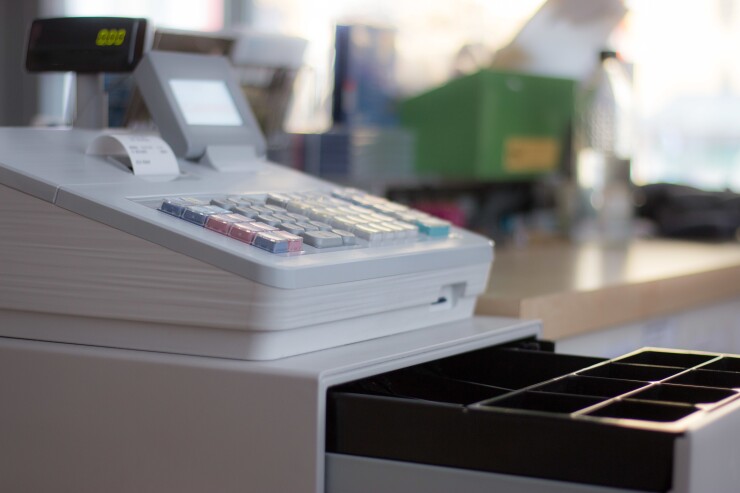The second annual Sovos Sales and Use Tax report sheds surprising light on the existing landscape of sales and use tax compliance, and raises questions about the future, particularly as we move into a digital age.
By the numbers, the survey reports:
- There have been 657 form revisions in 2021 alone;
- In spring 2021, legislators had proposed 2,148 bills compared to 686 in 2020;
- From July 1, 2020, to now, there have been 640 rate changes implemented by tax authorities; and,
- As of January 2021, Sovos is tracking 1,465 different tax forms.
Beyond the numbers, Charles Maniace, vice president of regulatory analysis and design at Sovos, concluded that maintaining a long-term tax compliance function within an organization is no longer scalable.
“It’s evident that there are a number of reasons for this,” he said. “First, there is the continuing pace and rate of change in rates, rules and forms. Second, there is an increasing expanded compliance responsibility of global sellers to collect tax on nearly everything they sell. It’s a real responsibility because we’re on the verge of seeing heightened emphasis on enforcement. And lastly, there is the inevitable digitalization of enforcement, meaning that states are using data and analytics to find taxpayers that are not in compliance, and are assessing them liability.”
“One thing that I find interesting is how things will play out with respect to the trend of digital advertising,” he said. “While a number of states have looked at this, Maryland is the first to actually impose such a tax within the U.S. On the international stage, the U.S. is opposed to these taxes because they unfairly single out U.S. tech companies, but within our own shores, one state has imposed such a tax.”
Maniace believes that digital companies can be fairly taxed “without hitting the political ‘third rail,’ because all of these companies are actually subject to existing tax regimes such as VAT globally. A U.S. state can choose to tax digital products and digital services under existing sales tax regimes. They can apply a tax to digital advertising so long as it applies equally to traditional advertising. That way they don’t run afoul of constitutional concerns, and the Permanent Internet Tax Freedom Act.”

The Supreme Court's decision on Wayfair and the state legislation and regulations it generated has greatly impacted the sales tax world, Maniace observed, as collection responsibilities have been imposed on remote sellers and marketplace facilitators.
“Many states still have a way to go in articulating clear guidelines to facilitators and sellers alike to ensure that all taxes are collected,” he noted. “This raises an interesting question: What might state governments do to enforce compliance against a vastly expanded roster of sellers?”
“For me, the most interesting aspect is how the U.S. will think about the digitalization of compliance, because unlike the rest of the world, where indirect tax exists largely at the country level, in the U.S. we have 40-plus individual states,” he said. “What can they do in this environment that allows them to systematically and comprehensively understand and evaluate compliance?”
“Traditional sales tax compliance, as we know it today, must be close to over,” Maniace believes. “The idea of a state department of revenue issuing an audit letter, followed by a conference call, followed by an on-site visit where paper and electronic documents are reviewed in detail, is simply not scalable if you want to enforce requirements against a vast population of remote sellers.”
Maniace believes the solution might lie in a combination of digital audit files and state certification of tax engines. “This trend is already beginning,” he said. “While no additional states have recently signed on to participate in [the Streamlined Sales Tax program], Pennsylvania and Illinois have initiated their own certified provider programs, with similar programs being considered in a number of states.”





